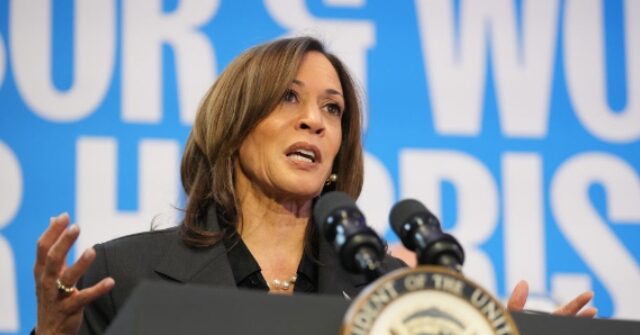Danica Patrick, the former NASCAR star, has recently expressed her concerns regarding Vice President Kamala Harris’s lack of transparency over her vote on Proposition 36, a significant California ballot measure aimed at tackling issues related to drug offenses and retail theft. Proposition 36 sought to upgrade shoplifting to a felony for repeat offenders and increase penalties for certain drug-related charges. Additionally, the measure aimed to empower judges to mandate treatment for individuals facing multiple drug charges. Despite having cast her vote, Harris controversially refrained from revealing her stance when questioned, a decision that prompted sharp criticism from Patrick, who highlighted the implications of such secrecy as indicative of broader issues in political transparency.
Patrick’s reaction to Harris’s evasiveness was unambiguous, as she took to social media platform X to express her discontent. “If this is what she is admittedly hiding, it just makes you wonder…. What else? And why?” Patrick’s comments suggest a growing frustration with political leaders who fail to maintain transparency with voters, likening the situation to red flags in personal relationships. This incident places Harris under scrutiny, particularly considering that voters expect clarity on positions from their elected officials, especially on critical issues like crime and drug addiction.
Interestingly, Patrick’s own political journey has taken a notable turn. Having previously abstained from voting until the current election, she has emerged as a vocal supporter of former President Donald Trump. In an interview, she reflected on her past decision to avoid participating in elections, stating she felt that abstaining meant she could not complain about political matters. Patrick cited her former commitments to racing as a predominant reason for not engaging with politics previously, indicating that her focus didn’t allow for a deep understanding of political issues.
With a newfound zeal, Patrick has embraced her role in the political landscape, participating actively in events aimed at mobilizing support against Democrats. Her attendance at gatherings like the America Fest in Phoenix exemplifies her evolution from a casual observer to an active participant in political advocacy. Patrick described her experience at such rallies as uplifting and patriotic, resonating with her love for the country and its symbols, which she expressed fervently during her public appearances.
This shift in Patrick’s political involvement not only underscores her personal evolution but also highlights the impact of celebrity endorsements in contemporary politics. As a well-known figure in American sports, her outspoken advocacy for Trump and conservative policies may influence her followers and fans to engage in political discourse and action, potentially changing the dynamics of voter participation among her demographic. Her dissatisfaction with the current political climate and her public stance on issues resonates with a segment of the electorate seeking to challenge the status quo.
In summary, Danica Patrick’s public comments about Kamala Harris’s reluctance to disclose her vote on Proposition 36 reflect broader frustrations around transparency in politics. As Patrick transitions from a former racing professional to an active political participant and Trump supporter, she illustrates the complexities of celebrity influence in modern politics. This transformation not only alters her personal engagement but also signals to others the importance of voting and expressing political opinions, particularly in times of significant social and political challenges in the United States.

